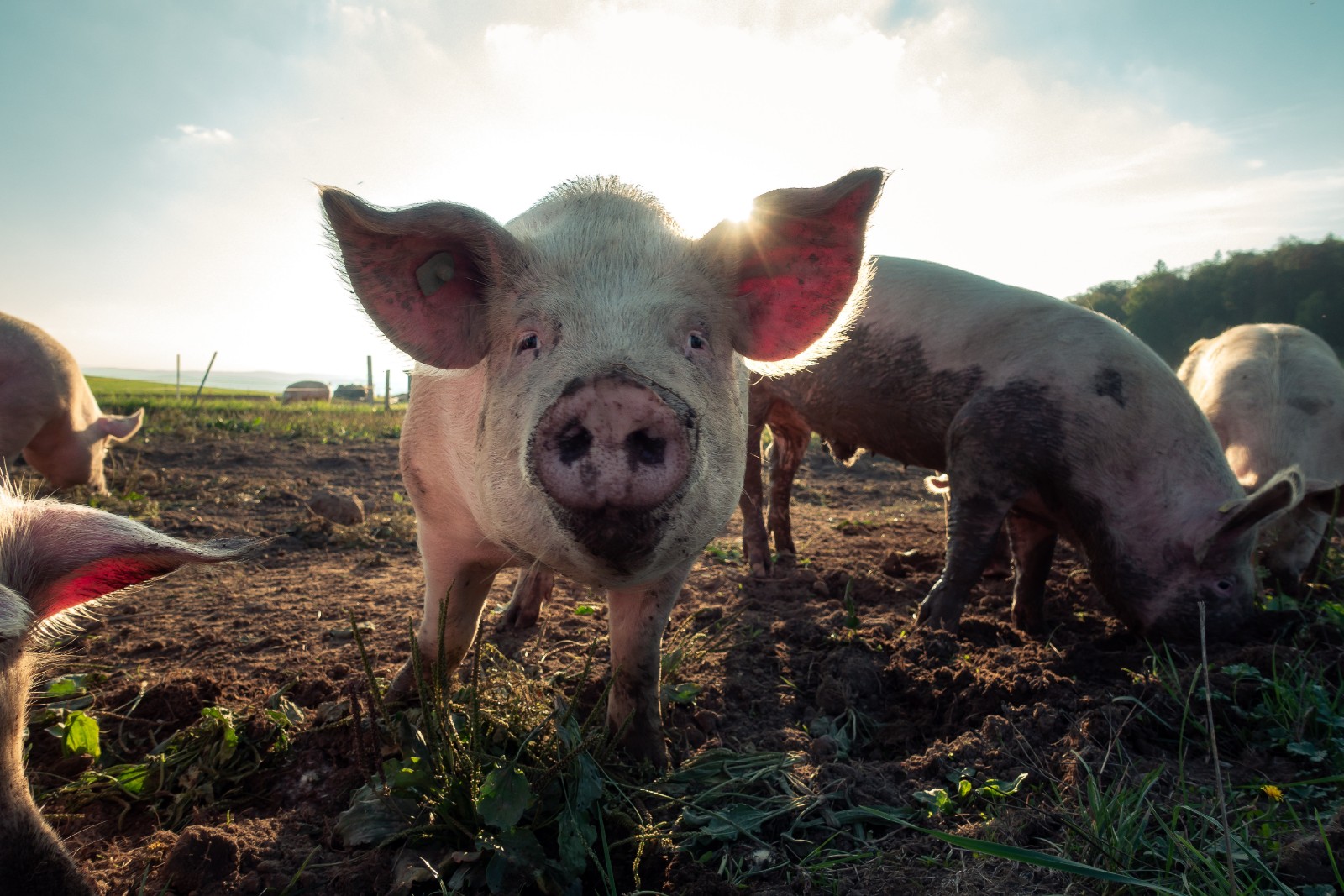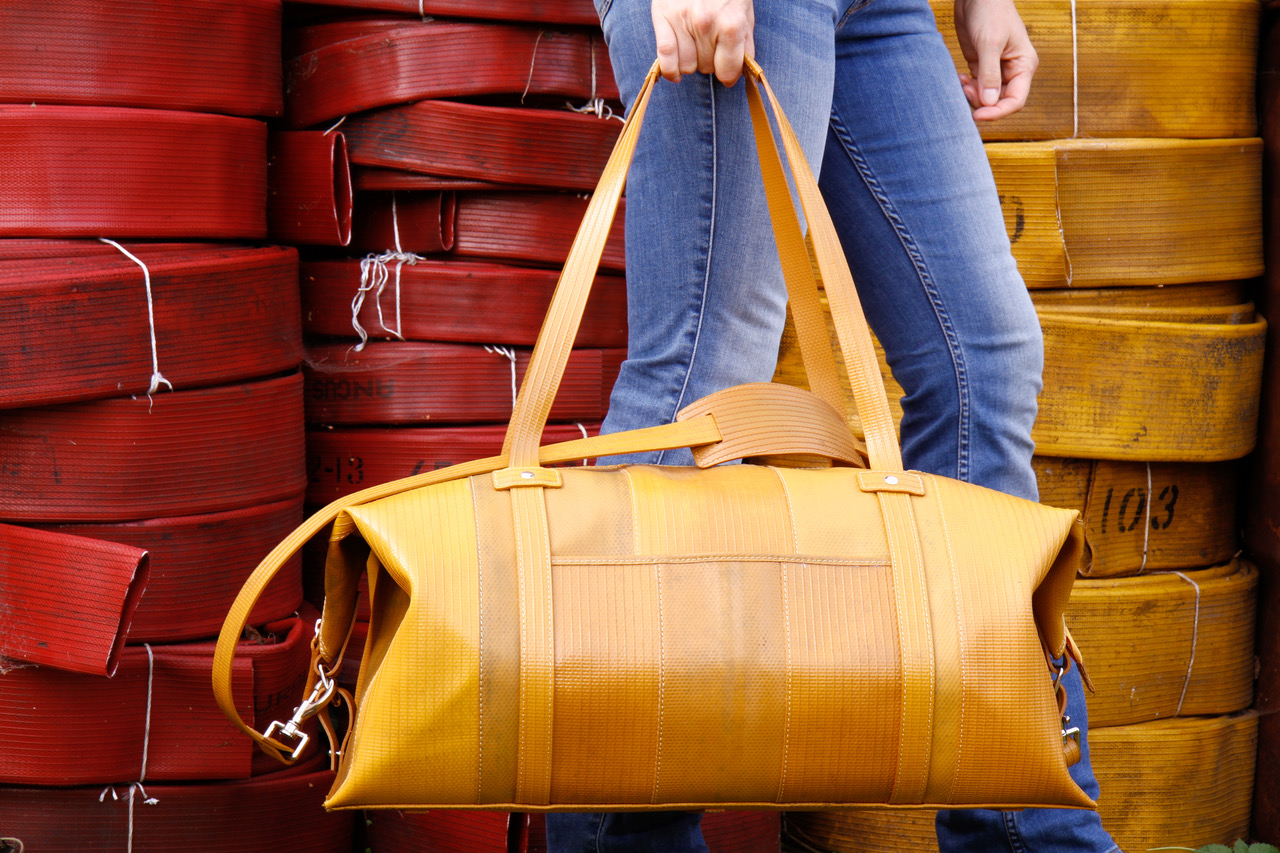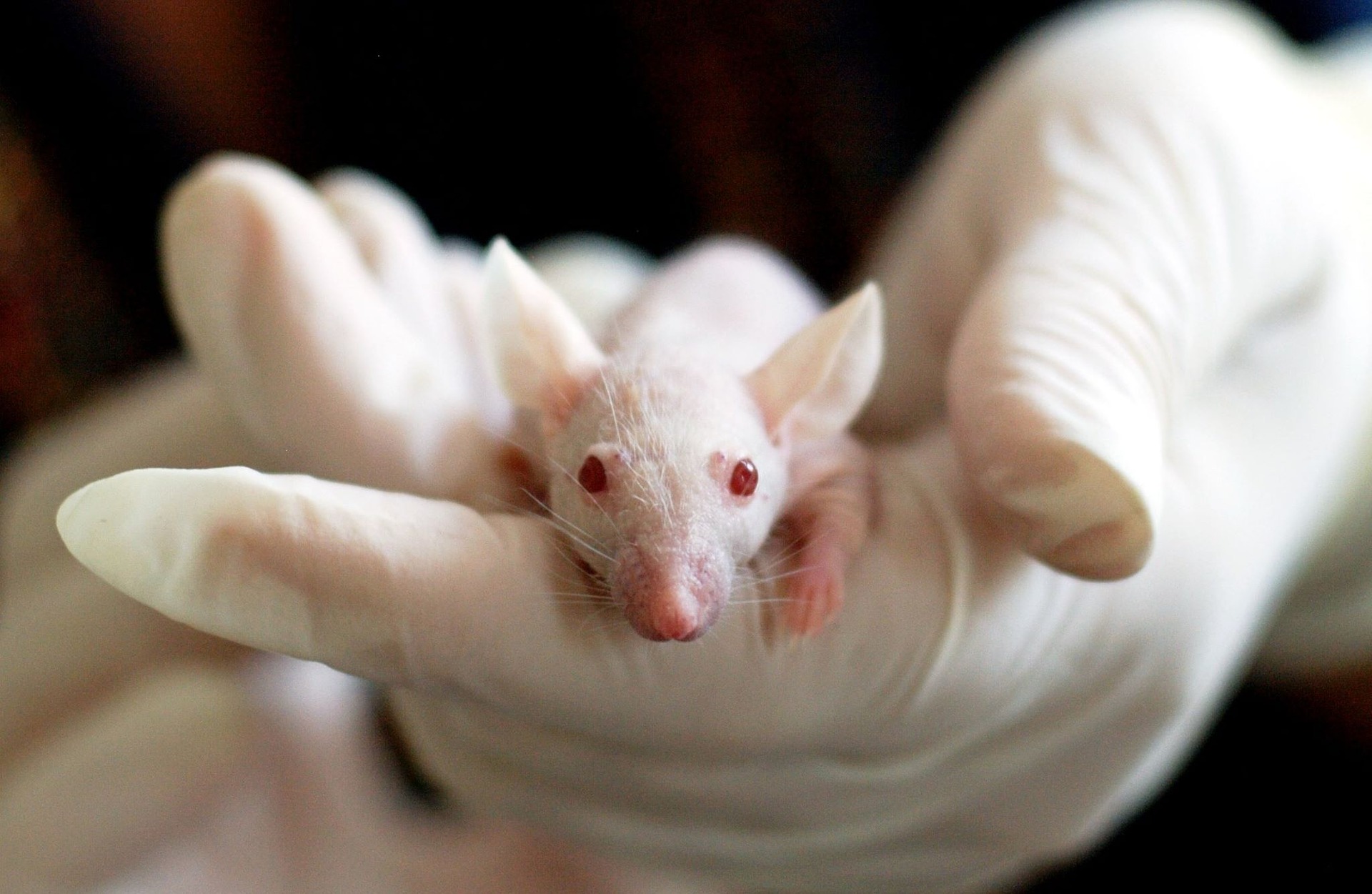Feeding surplus food to pigs is no new idea. It is a practice that has been around as long as people and pigs have co-existed. But, in 2001 following the foot and mouth outbreak, it was outlawed by the EU as the source was found to come from a UK farmer illegally feeding untreated food waste to pigs. However, with Brexit and the UK’s impending exit from the European Union, campaigners from Feedback — an organisation committed to fighting food waste — see a unique opportunity to reform this law.
According to Feedback, our food system is currently responsible for approximately 60% of global terrestrial biodiversity loss, 24% of greenhouse gas emissions (GHG) and 33% of degraded soils. Their reports show that feeding properly treated surplus food to pigs would help dramatically reduce the 12.7 million tonnes of food waste generated per year in the UK, GHG emissions and save farmers millions.
“Using 50% food surplus from the EU retail, catering and manufacturing sector to replace pig feed could save the equivalent greenhouse gas emissions as taking 3 million UK passengers cars off the road for a year.” Feedback on Twitter.
Feedback was founded by Tristram Stuart, an award-winning author, campaigner and expert on food waste and it’s environmental and social impacts. In 2013, through feedback and in partnership with chef Thomasina Miers, he launched The Pig Idea, affirming that “the most efficient thing to do with food waste is to feed it directly to pigs.”
They created a manifesto with the objectives of; restoring public confidence in the safe safety, cost-effective and environmentally friendly practice of feeding surplus food to pigs; encouraging businesses to be less wasteful and change EU law to allow food waste to be diverted for use as pig and chicken feed; and to introduce robust legal framework for it’s safe processing (to prevent another foot and mouth type of situation.)
In November, the same year as the launch, they hosted The Pig Idea feast in Trafalgar Square where thousands of people attended to enjoy free food served by some of London’s best restaurants, using pork that had been reared by the campaign at Stepney City Farm on a diet of surplus food.
The event certainly succeeded in starting the conversation and raising awareness and the Feedback team went on to win numerous awards including ‘Best Initiative in British Food’ at 2014’s BBC Food and Farming Awards. However, EU law has remained unchanged and the devastating effects of food waste continue.
When Brexit struck in 2016 the Feedback team saw an opening.
“With many of the UK’s food and farming policies and subsidies being defined at EU level, the UK government now has an opportunity to reshape these to ensure that taxpayers money is spent for public good.”
Then, in 2017 they began collaborating with EU Refresh to convene a panel of experts and in July 2018 they relaunched the Pig Idea in the Brexit context to target Westminster and “cement the UK’s global leadership in competitive, sustainable and high welfare livestock production.”
Their report considers the economic case, food safety implications and options, food waste reduction and environmental costs and benefits of feeding pigs on our leftovers, as well as exploring Japan’s surplus food to feed industry as a case study.
In Japan, the feeding of surplus food to pigs from retail and caterers after treatment is a widespread practice and they package their pork fed on surplus food as “eco-pork” owing to it being so much better for the environment.
There are currently 360 eco-feed producers operating in Japan, of which 47 process surplus food from retailers and 29 specialise in the processing of meat-containing surplus food.
The report highlights The Odakyu Group that operates a chain of department stores, hotels, restaurants and rail transport. They then deliver unused food to the Japan Food Ecology Centre (JFEC) factory to be turned into pig feed, and then they buy back the pork to sell as a premium-quality eco-product in its own stores.
JFEC takes in 35 tonnes of surplus food per day to produce 40 tonnes of eco-feed which is then separated (carbs, fish, vegetables, etc) before going to the factory to receive heat and lactic acid treatment which inactivates disease pathogens.
Together with EU Refresh’s expert panel, Feedback spent 2018 working on a technical report highlighting the environmental and economic benefits of feeding surplus food to pigs and what can be learned from Japan. The report will be made available online here later this month.
The collection of campaigners and researchers intent on seeing our waste being fed to pigs are hoping to make a real impact at government level in 2019 — to ensure that we can save our bacon and eat it too.


